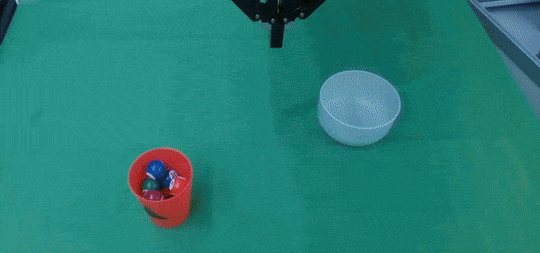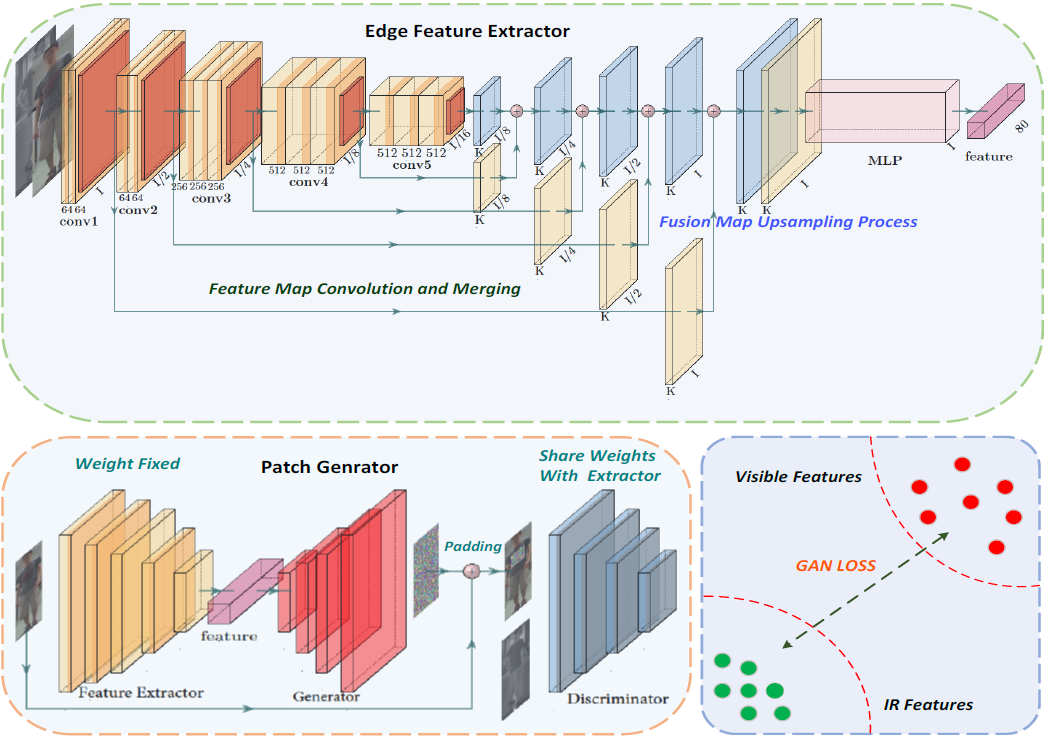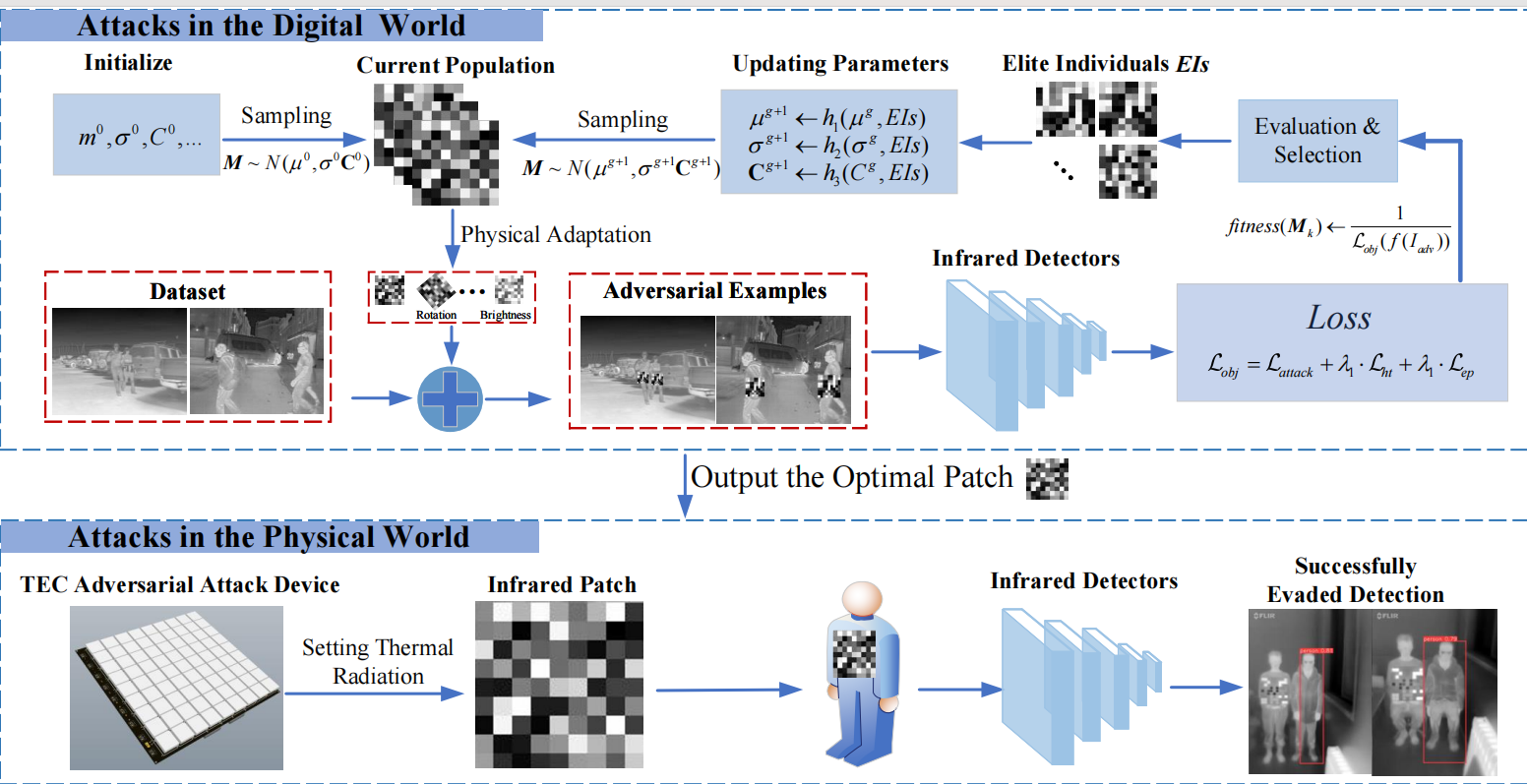Hi there  Welcome to my Homepage!
Welcome to my Homepage!
I am an undergraduate (2022-2026) at Xidian University, focusing on Computer Vision and Robot Learning.
I work at MMLab@HKU with Prof. Xihui Liu. Previously I worked at MVIG@SJTU with Prof. Lixin Yang and Prof. Cewu Lu.
Currently I conduct the VLA research at ByteDance Seed.
News
- Dense Policy is accepted in ICCV 2025 🔥
- MBA is accepted in IEEE RA-L 2025 🔥
- Our work Advdisplay was accepted at AAAI 2025 🔥
- In charge of Microsoft Club. Feel free to reach out if you’d like to join.
Experience




Publications
DSPv2: Improved Dense Policy for Effective and Generalizable Whole-body Mobile Manipulation
Yue Su, Chubin Zhang, Sijin Chen, Liufan Tan,
Yansong Tang, Jianan Wang, Xihui Liu†
Improved Dense Policy for Whole-body Mobile Manipulation, with effective perception, generalizable manipulation and coherent actions.
ArXiv Preprint [arXiv] [code] [website]
Yue Su, Chubin Zhang, Sijin Chen, Liufan Tan,
Yansong Tang, Jianan Wang, Xihui Liu†
Improved Dense Policy for Whole-body Mobile Manipulation, with effective perception, generalizable manipulation and coherent actions.
ArXiv Preprint [arXiv] [code] [website]
Dense Policy: Bidirectional Autoregressive Learning of Actions
Yue Su*, Xinyu Zhan*, Hongjie Fang, Han Xue,
Haoshu Fang, Yong-Lu Li, Cewu Lu, Lixin Yang†
Propose Dense Policy, A bidirectional robotic autoregressive policy, which infers trajectories by gradually expanding actions from sparse keyframes, demonstrated exceeding diffusion policies.
ICCV 2025 [paper] [arXiv] [website] [3D-code] [2D-code]
Yue Su*, Xinyu Zhan*, Hongjie Fang, Han Xue,
Haoshu Fang, Yong-Lu Li, Cewu Lu, Lixin Yang†
Propose Dense Policy, A bidirectional robotic autoregressive policy, which infers trajectories by gradually expanding actions from sparse keyframes, demonstrated exceeding diffusion policies.
ICCV 2025 [paper] [arXiv] [website] [3D-code] [2D-code]

Motion Before Action: Diffusing Object Motion as Manipulation Condition
Yue Su*, Xinyu Zhan*, Hongjie Fang, Yong-Lu Li, Cewu Lu, Lixin Yang†
Propose MBA, a novel plug-and-play module leveraging cascaded diffusion processes to generate actions guided by object motion, enabling seamless integration with manipulation policies.
RA-L 2025, ICRA 2026 [paper] [arxiv] [website] [code]
Yue Su*, Xinyu Zhan*, Hongjie Fang, Yong-Lu Li, Cewu Lu, Lixin Yang†
Propose MBA, a novel plug-and-play module leveraging cascaded diffusion processes to generate actions guided by object motion, enabling seamless integration with manipulation policies.
RA-L 2025, ICRA 2026 [paper] [arxiv] [website] [code]

Generative Adversarial Patches for Physical Attacks on Cross-Modal Pedestrian Re-Identification
Yue Su, Hao Li†, Maoguo Gong†
A generative physical adversarial attack on VI-ReID models perturbs modality-invariant features.
ArXiv Preprint [arxiv]
Yue Su, Hao Li†, Maoguo Gong†
A generative physical adversarial attack on VI-ReID models perturbs modality-invariant features.
ArXiv Preprint [arxiv]

AdvDisplay: Adversarial Display Assembled by Thermoelectric Cooler for Fooling Thermal Infrared Detectors
Hao Li†, Fanggao Wan, Yue Su, Yue Wu, Mingyang Zhang, Maoguo Gong†
Historically, infrared adversarial attacks were single-use and tough to deploy. Using TEC, we implemented efficient attacks adaptable to hardware scenarios.
AAAI 2025 [paper]
Hao Li†, Fanggao Wan, Yue Su, Yue Wu, Mingyang Zhang, Maoguo Gong†
Historically, infrared adversarial attacks were single-use and tough to deploy. Using TEC, we implemented efficient attacks adaptable to hardware scenarios.
AAAI 2025 [paper]
Projects

MetaPalace: Let you in a meta world of The Palace Museum
We've done what the Old Palace official website couldn't: offering 3D artifact views with single-view reconstruction and an interactive LLM-powered tour guider using RAG technology.
[website] [front-end code] [back-end code]
We've done what the Old Palace official website couldn't: offering 3D artifact views with single-view reconstruction and an interactive LLM-powered tour guider using RAG technology.
[website] [front-end code] [back-end code]
Awards
- Xiaomi Outstanding Scholarship 2025
- National Scholarship 2025
- Outstanding Student, Xidian University, 2025
Talks
- [2025/12] Invited to Talk on NICE seminar about Imitation Learning.
- [2025/12] Invited to Talk on RL China about DSPv2
- [2025/10] Invited to Talk on 3D视觉工坊 about DSP and DSPv2
